Activity › Discussion › Environment › Plastic pollution
Tagged: Plastic pollution
-
Plastic pollution
Posted by Elvira on May 3, 2024 at 10:28 amWhat is plastic pollution?
Bunny replied 2 weeks, 3 days ago 2 Members · 1 Reply -
1 Reply
-
::
Plastic pollution refers to the accumulation of plastic materials in the environment, particularly in oceans, rivers, lakes, and land. It occurs when plastic waste is improperly disposed of or not recycled, leading to its persistence in the environment for hundreds of years.
Plastic pollution is a significant environmental issue because plastics are not biodegradable. Instead, they break down into smaller fragments called microplastics, which can persist in the environment indefinitely. These microplastics can be ingested by wildlife, such as marine animals and birds, causing harm to their health and disrupting ecosystems.
The sources of plastic pollution are numerous. They include single-use plastic items like bottles, bags, and packaging, as well as industrial waste from manufacturing processes. Improper waste management, littering, and inadequate recycling infrastructure contribute to the problem.
Plastic pollution has wide-ranging impacts on the environment, wildlife, and human health. It affects marine ecosystems, leading to entanglement and ingestion of plastic by marine animals, which can result in injury, suffocation, and death. Additionally, microplastics can enter the food chain, potentially affecting human health when consumed through seafood and other food products.
Efforts to address plastic pollution involve reducing plastic consumption, promoting recycling and waste management systems, and developing sustainable alternatives to single-use plastics. Governments, businesses, and individuals all play a crucial role in tackling this issue through policy changes, innovation, and responsible consumption and waste disposal practices.
 Sports Vocabulary With Pictures
Sports Vocabulary With Pictures 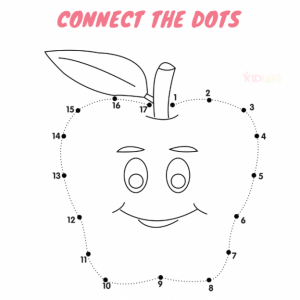 Fruits Connect the Dot Worksheets for Kids
Fruits Connect the Dot Worksheets for Kids 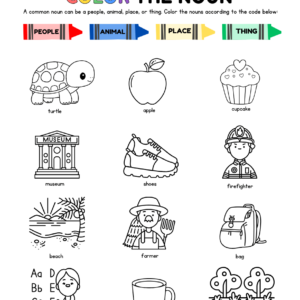 Color The Common Noun - English Grammar Worksheet
Color The Common Noun - English Grammar Worksheet 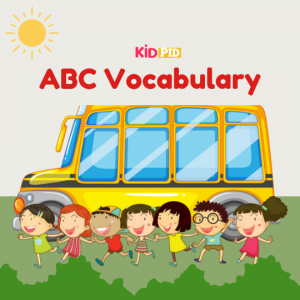 ABC Vocabulary Book
ABC Vocabulary Book 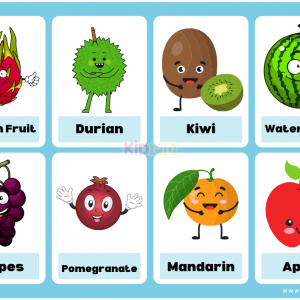 Watercolor Fruit Flashcards
Watercolor Fruit Flashcards 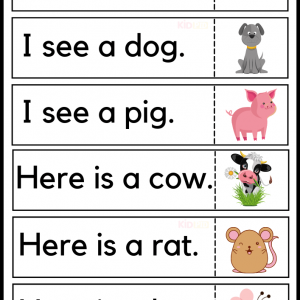 Simple Sentences Flip Printable
Simple Sentences Flip Printable  Math Expanded Form Worksheets for Grade 2
Math Expanded Form Worksheets for Grade 2 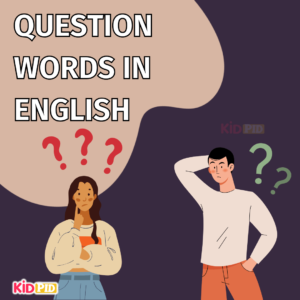 Question Words in English - Meaning and Uses
Question Words in English - Meaning and Uses 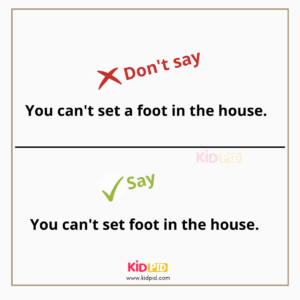 Common Mistakes in English Speaking
Common Mistakes in English Speaking 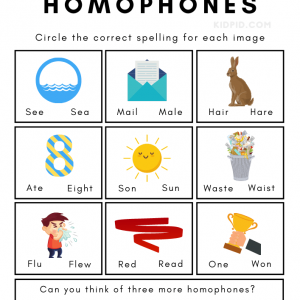 Homophones Worksheets for Grade 1
Homophones Worksheets for Grade 1 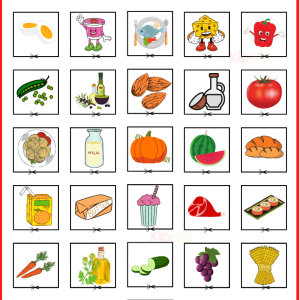 Food Categories Activity Sorting Printable Worksheets
Food Categories Activity Sorting Printable Worksheets  Mathematics Addition
Mathematics Addition 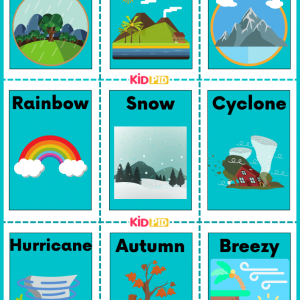 Weather Vocabulary Flashcards
Weather Vocabulary Flashcards  Spring Coloring Worksheets for Kids
Spring Coloring Worksheets for Kids 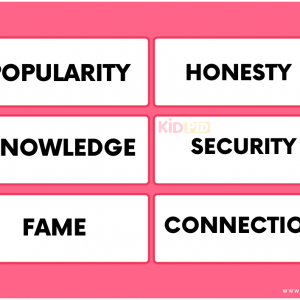 Values Flashcards
Values Flashcards 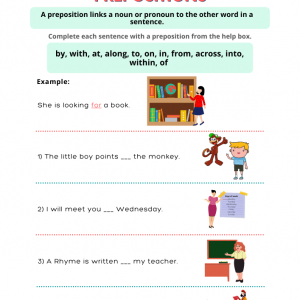 Identify Correct Prepositions Worksheets for Grade 1
Identify Correct Prepositions Worksheets for Grade 1 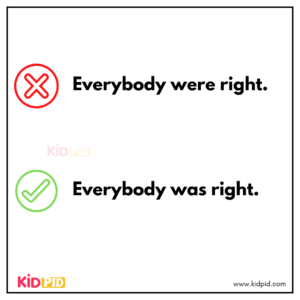 Common Mistakes in English Speaking
Common Mistakes in English Speaking 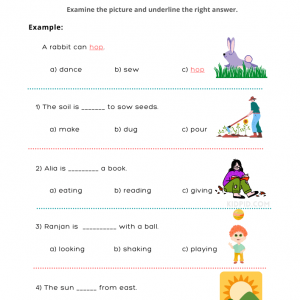 Underline Action Verbs Printable Worksheets for Grade 1
Underline Action Verbs Printable Worksheets for Grade 1 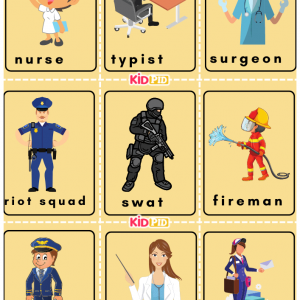 People in the Community Flashcards
People in the Community Flashcards 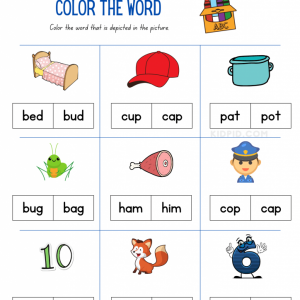 CVC Color the Word Worksheets for Kids
CVC Color the Word Worksheets for Kids